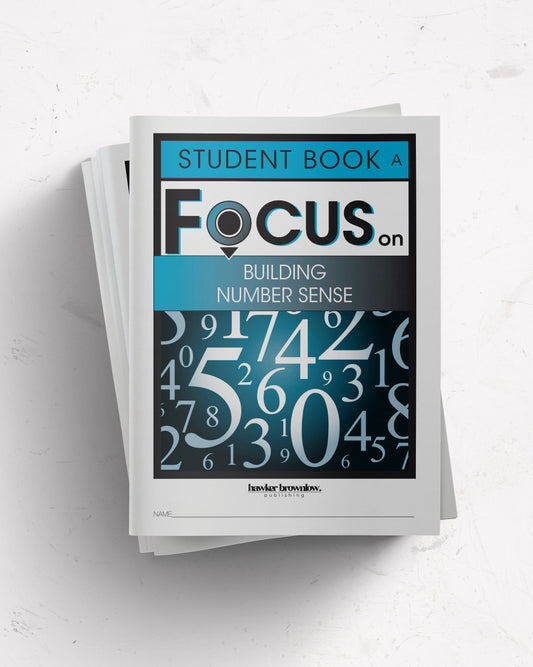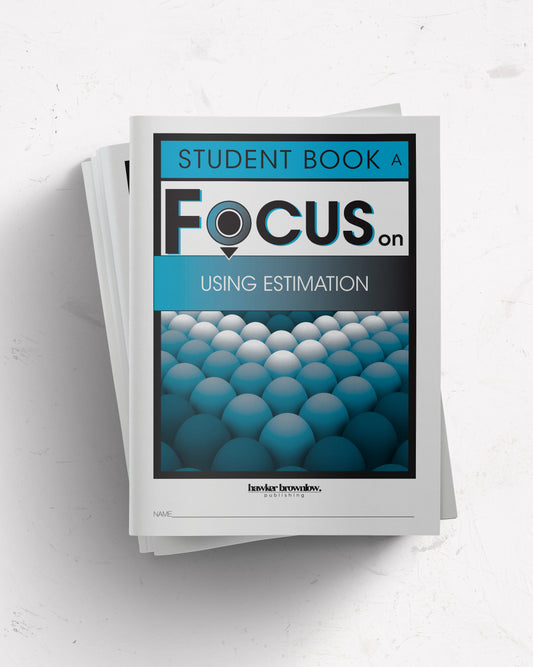The Future of Out-of-Class Assignments
In recent years, the traditional approach to homework has come under scrutiny, prompting educators and researchers alike to reconsider its role and effectiveness in student learning. As we navigate through 2024, the evolving educational landscape in Australia offers a unique opportunity to reimagine out-of-class assignments in ways that foster creativity, critical thinking, and a deeper engagement with the material. This blog explores innovative approaches to homework that can transform it from a routine task into an integral component of the learning journey.
Moving Beyond Repetition
Traditionally, homework has often been repetitive, focusing on rote learning and the reinforcement of classroom instruction. However, this approach has limited impact on students’ understanding and retention of material. Instead, homework can be designed to encourage students to apply concepts in new and diverse contexts, thereby deepening their comprehension and stimulating intellectual curiosity.
Embracing Project-Based Assignments
Project-based assignments present an alternative to conventional homework tasks. By engaging in projects that extend over several days or weeks, students can explore subjects in depth, developing skills such as research, analysis, and problem-solving. These projects can be aligned with real-world issues, making learning more relevant and meaningful for students.
Integrating Technology
The integration of technology into homework assignments offers numerous possibilities for innovative learning experiences. Online platforms, digital tools, and educational apps can provide interactive and personalised learning opportunities. For instance, students can participate in virtual simulations, create digital presentations, or collaborate on online forums, thereby extending their learning beyond the classroom walls.
Encouraging Choice and Autonomy
Providing students with choice in their homework can significantly enhance their motivation and engagement. When students have the autonomy to select topics or types of assignments that interest them, they are more likely to invest time and effort into their work. This approach also allows students to take ownership of their learning, fostering independence and self-directed learning skills.
Fostering Collaboration
Homework does not have to be a solitary activity. Collaborative assignments encourage students to work together, share ideas, and learn from one another. This can be facilitated through group projects, peer review sessions, or online discussions. Collaborative homework tasks help develop essential social skills, such as communication, leadership, and teamwork.
Redefining Assessment
The shift in homework practices necessitates a reevaluation of assessment methods. Rather than solely focusing on the final product, assessment can encompass the learning process, including students’ effort, creativity, and growth. Feedback should be constructive and tailored to individual needs, providing guidance for improvement and further learning.
Conclusion
As we look towards the future of education in Australia, rethinking homework presents an opportunity to enrich the learning experience and better prepare students for the challenges of the 21st century. By adopting innovative approaches that prioritise creativity, critical thinking, and engagement, educators can transform homework into a valuable and enjoyable component of students’ educational journeys. In doing so, we not only enhance academic outcomes but also instil a lifelong love of learning.







